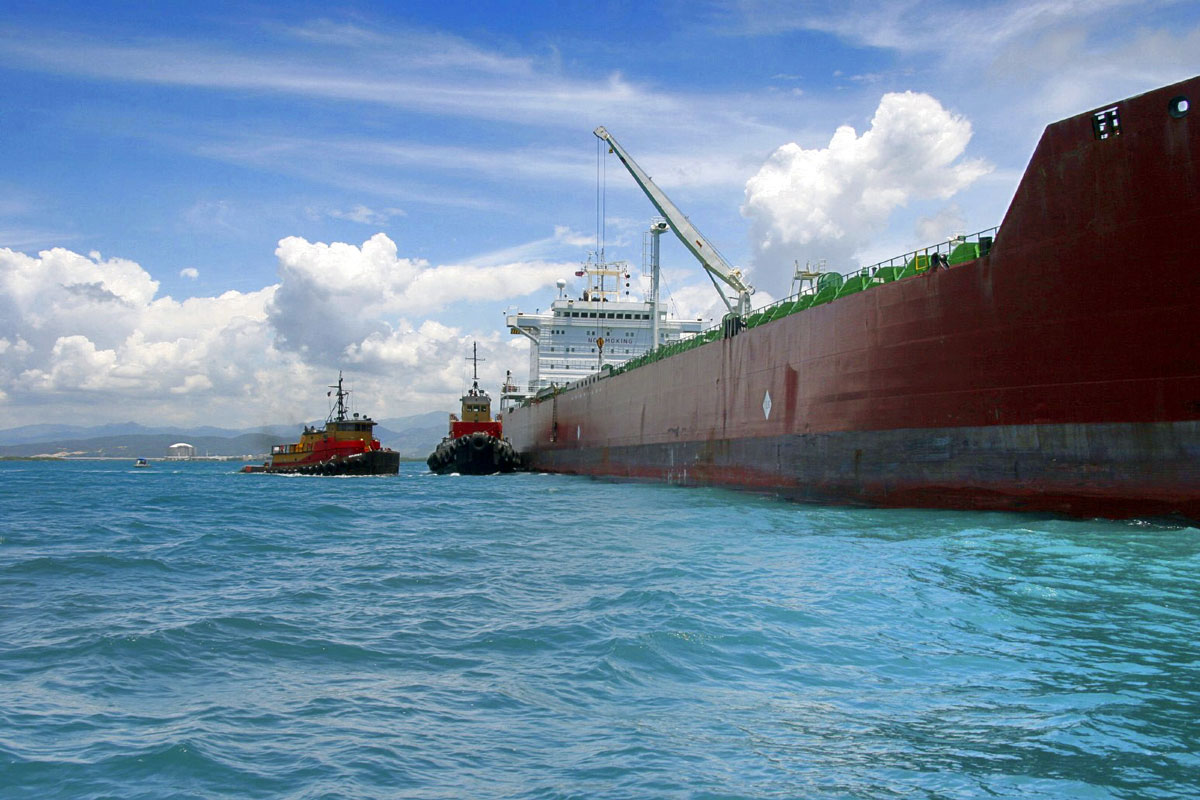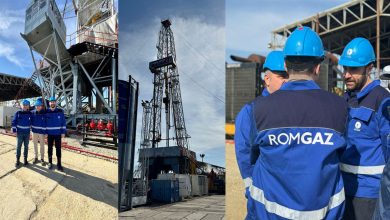Oil and gas tanker traffic to endanger Turkish Straits
The growing volume of oil and gas tanker traffic is creating significant environmental, public safety and economic risks for the entire length of the shores of the Turkish Straits, the Chairman of the Bosphorus Energy Club Mehmet Ogutcu affirmed on April 10, in an interview for Anadolu Agency.
Since the signing of the Montreux Convention, the legal instrument governing the regime of the Straits, the size and capacity of the ships has grown enormously, which has raised major safety concerns, Mehmet Ogutcu warned.
The Montreux Convention Regarding the Regime of the Straits is a 1936 agreement that gives Turkey control over the Bosporus Straits and the Dardanelles and regulates the transit of naval warships. The convention gives Turkey full control over the Straits and guarantees the free passage of civilian vessels in peacetime. It restricts the passage of naval ships not belonging to Black Sea states. The terms of the convention have been the source of controversy over the years, most notably concerning the Soviet Union’s military access to the Mediterranean Sea.
The proposed 21st century Kanal Istanbul project may constitute a possible by-pass to the Montreux Convention and force greater Turkish autonomy with respect to the passage of military ships from the Black Sea to the Sea of Marmara. Kanal Istanbul is Turkey’s key megaproject, and was originally announced by President Recep Tayyip Erdogan in 2011.
According to Mehmet Ogutcu, an estimated 3 million barrels a day of crude oil and 20 million tons per year of petroleum products transit through the Turkish straits. This represents around 3 percent of the annual global oil trade, compared to 20 per cent that passes through the Strait of Hormuz. Under normal circumstances, the contracting parties of the Montreux Convention would sit down and revise the relevant provisions to update them in light of the new requirements, the Chairman of the Bosphorus Energy Club added.



